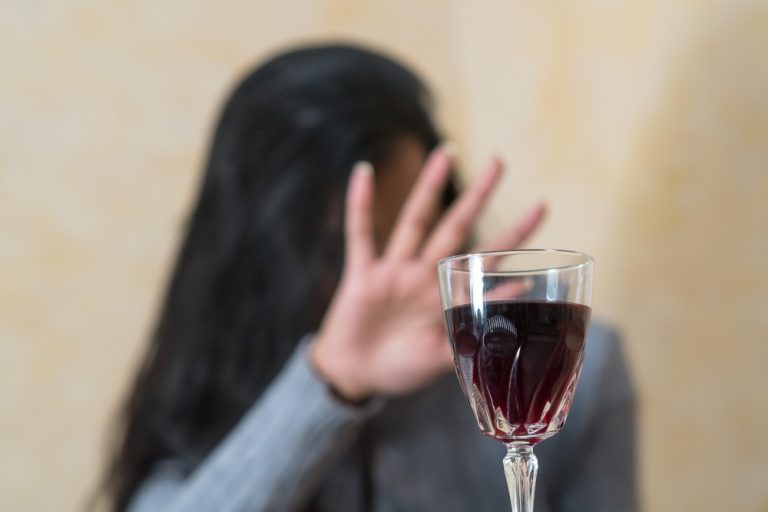Regular alcohol or drug consumption, particularly when it escalates into addiction, can lead to significant financial strain. Whether it’s the cost of the substance itself, medical bills, legal fees, or lost wages from missed work, addiction is costly. Sobriety can help you regain financial stability and make better choices about how to spend your money. Substance use can strain relationships with friends, family, and loved ones.

More on Substance Abuse and Addiction
This dual approach ensures that both the addiction and its psychological underpinnings are treated. As you step away from substance dependence, communication becomes a cornerstone. In the throes of addiction, honest and open communication may have taken a back seat. However, sobriety opens the doors to rebuilding trust through transparent exchanges. It’s not unusual for individuals in recovery to find that they’re now able to express their feelings, concerns, and needs more effectively, leading to healthier and more supportive relationships.

Avoid Old Habits and Toxic Relationships
It should not be used in place of the advice of your physician or other qualified healthcare providers. Whether you’re contemplating quitting alcohol or drugs, just getting started, or have already been https://www.wedding–dresses.net/relationship-as-a-spiritual-path/ living sober for years, the decision to embrace sobriety can transform your life in countless ways. But it’s not an easy road—becoming and staying sober requires commitment, self-awareness, support, and perseverance. In this guide, we’ll cover the basics of what sobriety means, why it’s worth it, and the strategies and tools that can help you succeed. Recovery from addiction is not only possible, it is the rule, rather than the exception. S. National Survey on Drug Use and Health, more than 75 percent of people addicted to alcohol or drugs recover—their condition improves and substance use no longer dominates their life.
Types of Recovery Programs
This newfound clarity is one of the first steps in reclaiming your life and steering it in a direction that you choose, not one dictated by addiction. The key is to approach these challenges as opportunities for growth. Relapse, for instance, is not a failure but a step in the learning process. What matters is your response and the strategies you employ to get back https://kinozavr.com/2008/09/22/3.htm on track.
- Gaining the skills to avoid relapse is a necessary part of the recovery process.
- By contrast, most adolescents relapsed in social settings when they were trying to enhance a positive emotional state.
- The road might be long and winding, but the rewards of sobriety—improved health, strengthened relationships, and newfound confidence—are well worth the effort.
As explained and elaborated on by the National Institute on Alcohol Abuse and Alcoholism, relapse prevention is the main goal of all addiction treatment. Treatment provides you with the tools to change your thoughts, emotions, and behaviors around substance use. If you’re not ready or willing to change those behaviors and thoughts, then treatment cannot do what it’s designed to do. What type of treatment you need depends on several factors, including the severity of your addiction. For instance, if your substance use disorder is diagnosed as mild, an outpatient program might be recommended. Outpatient programs vary widely but typically provide a designated number of hours of treatment per week at a treatment center or facility.

Choose a Therapy

The definition of sobriety includes abstinence as a first step to addiction recovery. Sobriety is the process that encompasses all the tools needed to maintain the state of abstinence. You may also experience what is commonly called sobriety fatigue, which refers to the overall exhaustion that may occur as a result of the emotional and physical stress of staying sober.
Getting Through Detox
- It should not be used in place of the advice of your physician or other qualified healthcare providers.
- Remember, rediscovering life without substances isn’t a linear process.
- You might take a different route home from work, for example, to avoid passing by your favorite old hangout.
- The only way to find out if you have a mental health problem on top of the typical highs and lows of early sobriety is to seek help from a mental health professional.
- Jordyn Mastrodomenico is a therapist in Montana and New Jersey who specializes in couples, family, group and individual therapy.
When reaching out to family and friends for support, it’s important to choose wisely. In fact, your journey to sobriety will likely involve strengthening some relationships and purging others. You may find yourself leaning on your trusted support system a lot and breaking ties with those who do not aid you in your recovery. In many cases, outpatient programs are good fits for people with relatively https://magazin-bezhimii.ru/catalog/kosmetika/naturalnaya-dekorativnaya-kosmetika/gel-fiksiruuschii-dlya-brovei-foet-prozrachnyi-5-ml stable home environments and strong support systems. Outpatient treatment often entails focused recovery programming for several hours per day, for several days a week.
